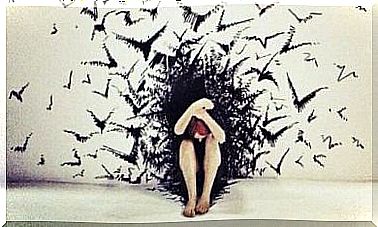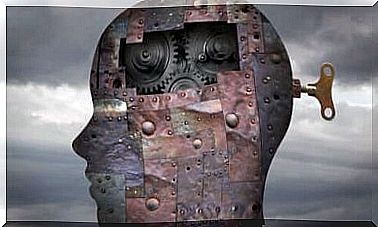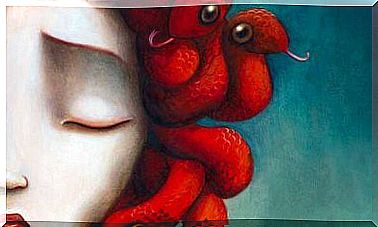Do You Love Yourself? 5 Signs That Indicate The Opposite
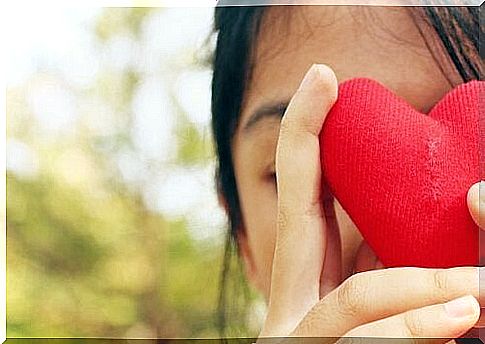
Loving yourself is essential: not only to maintain good self-esteem, but also to have quality relationships with others. However, if you don’t love yourself, you will not only have difficulties in your relationship with others, but you will also be at increased risk for depression.
Detecting the signs that you don’t love yourself as much as you should can help you improve your relationship with yourself (inner dialogue) and with others. Identifying these signs can also help you find a way out of sadness, disappointment, or even take the reins if you are feeling down.
Question what others say or do for you
One indicator of low self-esteem, which is often behind these negative thoughts about you, is questioning the feelings, words, and actions of others towards you. What others do, say, or feel about you creates uncertainty in you.

There is no doubt that we all like to feel loved and understood. However, people with low self-esteem tend to overestimate what others say or do and to question it systematically. They think no one likes or values them, They indulge in criticism and, even worse, think that there is something suspicious behind good words or displays of appreciation.
This makes sense. Behind this is a very consistent subconscious thought: why would someone like me more than I like myself? How can people respect me more than I respect myself? How can someone be nicer to me than I am?
You are always on the defensive
Constantly being on the defensive is another obvious sign that you don’t love yourself as much as you should. Feelings of insecurity and lack of self-confidence keep you in an unwarranted state of alert. Not only does this increase your stress level, it doesn’t allow you to be objective about what is going on in your surroundings.
Being on the defensive doesn’t allow you to distinctly understand what people are saying or asking you, and it creates uncertainty about what others are thinking. It also generates a state of fear and sadness that does not allow you to enjoy your surroundings. By being on the defensive, it is more than easy to become rude, obnoxious or tense, if not violent.
On the other hand, always being on the defensive allows you to predict the worst, with what your reaction may be disproportionate or even irrelevant. This often leads to conflicts which, in the worst case, end up making your fears real and reaffirming your point of view.
You try to avoid conflict by pretending everything is fine
However, there may also be times when you want to avoid a conflict and, for that, pretend everything is fine. In other words, instead of standing up for something right or something that suits or interests you, sometimes you prefer to give up to avoid problems.
The problem is, this lack of self-esteem and self-esteem doesn’t give you the strength to stand up for what is yours or what interests you. However, you will easily start a discussion for a topic that doesn’t make sense or really matters.
The fear that others will be angry, that they will not want you to stand up for your opinion or claim what is right for you makes you agree to what they say if they can be satisfied with it. And in this process, the feeling that what you want or think is of no interest to anyone grows.
You compare yourself to everyone, even if there is nothing to compare
Another obvious sign that you don’t like yourself is the habit of comparing yourself to the whole world. In fact, the comparison with others is not in itself negative. The problem is that people who do not consider themselves struggling in comparison, especially on the points where they are not very deficient.
Moreover, a person who does not like himself compares himself, even if there is nothing to compare and is happy with the result. As a result, not only does self-esteem decline, but feelings such as envy, feeling abandoned, or even a victim of injustice arise. All of this only serves to increasingly undermine self-esteem.
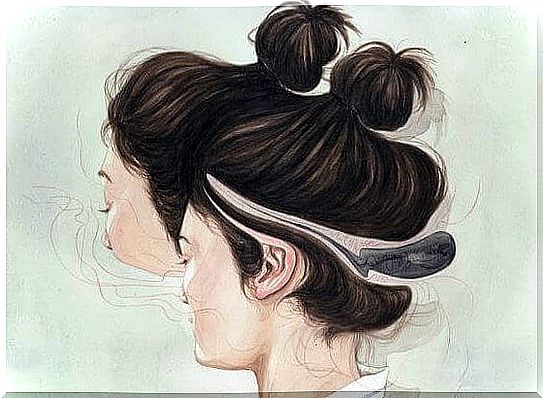
You see your achievements as a matter of luck
It is true that a lot of the things we achieve can be due to fluke, at least in part. However, not all is luck. Knowing how to take advantage of opportunities is fundamental to turning this lucky breakthrough into an achievement.
However, if you don’t love yourself enough, you won’t be able to recognize your own involvement in what you have accomplished. For this same reason, you do not value your abilities or your efforts. In addition, you do not consider that others are able to appreciate them nor do you understand the compliments that they give you to congratulate you. In a way, this attitude of blaming luck for your accomplishments makes you incapable and demotivated, adrift.



